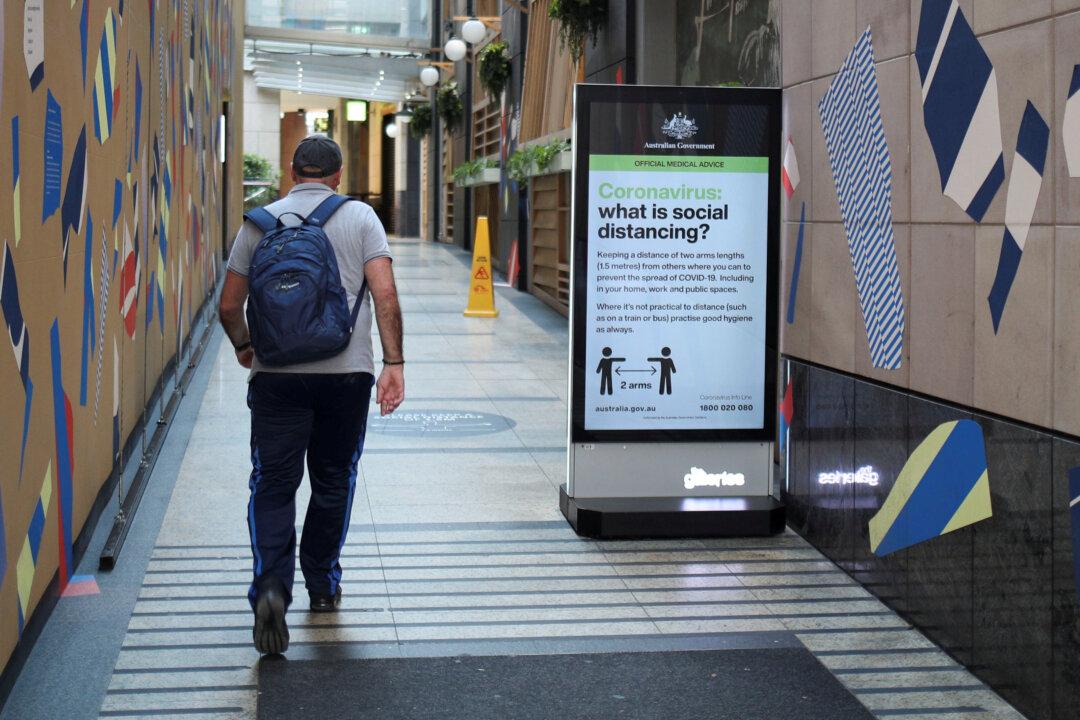A Vision Australia survey has revealed 15 percent of blind and low vision Australians were “abused or bullied” for having difficulties complying with social distancing requirements.
This was one of many findings Vision Australia outlined in its submission to the federal government’s COVID-19 inquiry.





